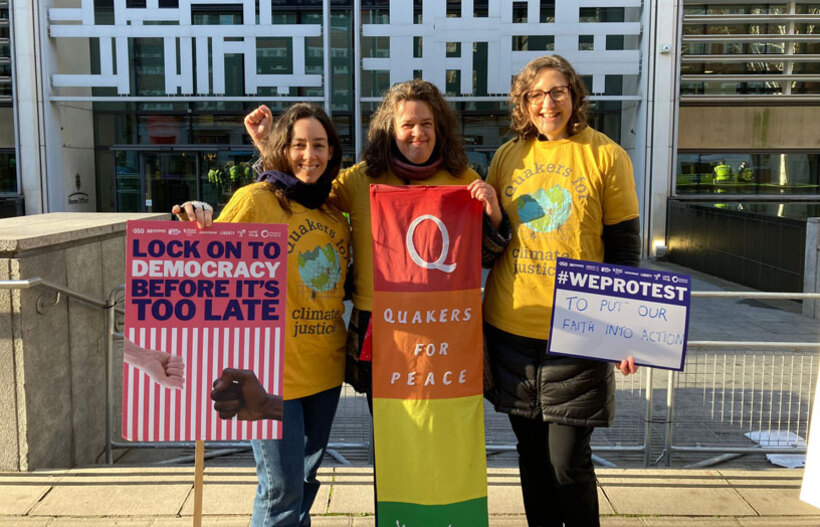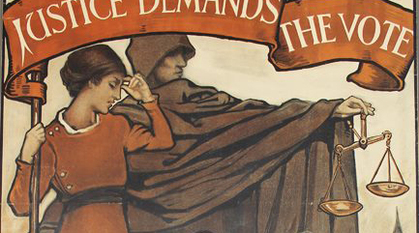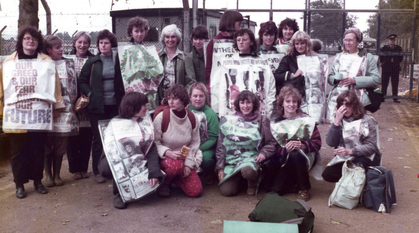Last push to defend our right to protest
Grace Da Costa shares an update on the campaign against the Policing Bill, and suggests actions to take to defend the right to protest.

Last week we had a huge success on the protest part of the Policing Bill. Members of the House of Lords defeated almost all of the government's last-minute attempts to change the bill, and opposition Peers introduced some of their own improvements.
Now we need one last push to make sure MPs approve these changes and soften the bill's impact on our right to protest. It will still be a terrible bill that will entrench racial inequality and result in more people going to prison for longer. But the changes will make a huge difference to people campaigning on key issues now and in the future, including the climate crisis and racism.
What happened in the Lords?
After the bill had been through most of its parliamentary stages, the government introduced a long list of amendments that would have made it even more repressive. These included expanding stop and search, creating new protest-related offences, and introducing protest banning orders for individuals. I set these out in my previous blog, 'Crunch time for Policing Bill'.
The good news is that almost all of these amendments were defeated by the House of Lords in the debate on 17 January. This means they've been permanently removed from the bill, and they won't need to be approved by MPs in the House of Commons.
Peers also voted in some of their own amendments:
- They removed the police's ability to impose noise-based restrictions on protests.
- They removed two whole clauses from the bill – Clause 57, which would have allowed police to impose restrictions on public assemblies, and Clause 62, which would have criminalised one-person protests.
- They weakened the new offence of blocking roads by changing it to include only the Strategic Road Network.
- They removed provisions for a 'buffer zone' around parliament if authorisation were given.
These changes will need to be approved by MPs in order to become part of the bill.
What can we do to secure these changes?
It's vital that MPs know that their constituents care about these issues and want them to vote in favour of these positive changes to the bill.
Conservative MPs need to be convinced to rebel against the government. And opposition MPs need to be more vocal in their criticism of the bill, so that more people understand the awful impact it could have on all of our lives.
I'm so grateful to all those who have written to their MP and taken other action to oppose this bill. I'm now asking you to write to your MP one more time, to urge them to support the Lords' amendments to the bill.
MPs are more likely to read personalised letters and emails, so please adapt our template (Word) and make it your own. There's more information in Friends of the Earth's campaign guide.
There are other actions you can take, including:
- signing the petition if you haven't already, so that we can show the strength of public opposition to the bill
- writing a letter to your local newspaper to highlight what's wrong with the bill and to call on others to oppose it
- organising or attending a protest or vigil, like the 'really annoying demo' I went to outside parliament last week.
I've heard from more Quakers about this bill than about any other issue I've worked on since joining this organisation. So much energy and passion has gone into this campaign, and for a while it felt like it might all be for nothing, but it now looks like we have a real chance of making a difference. So, as the bill finishes its trek through parliament, let's keep working together to see if we can change the world just a little bit.


